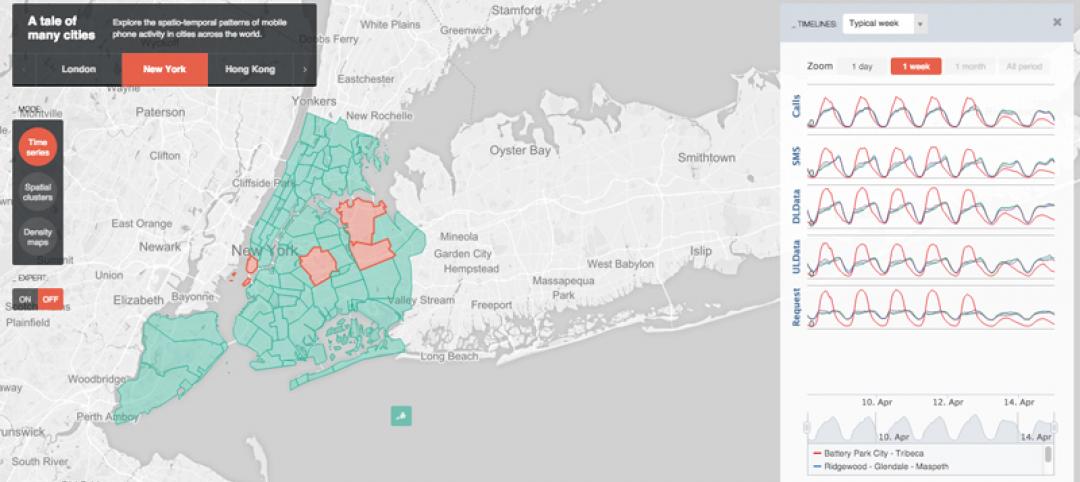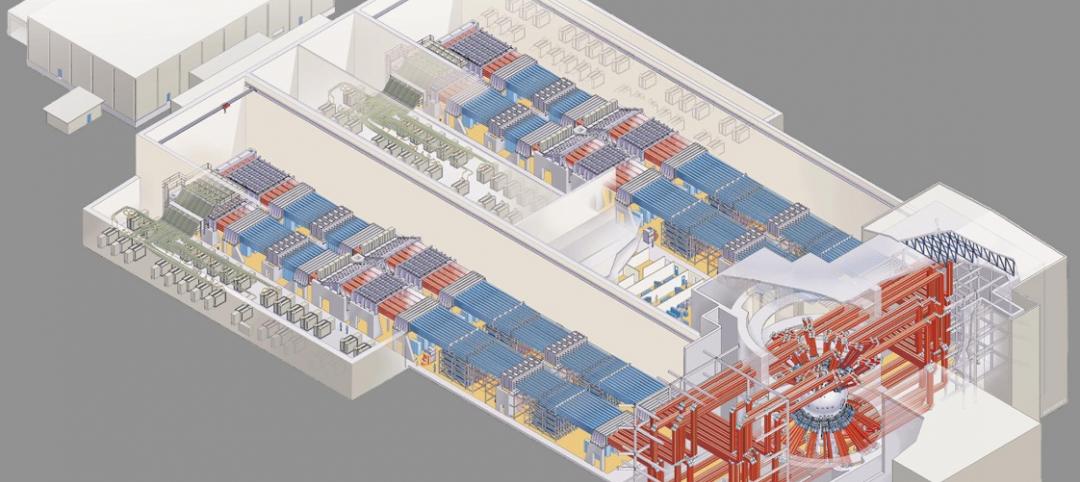WeWork, the fast-growing provider of co-sharing work spaces, has acquired Case, the New York-based building information modeling consultant.
The acquisition of comes a few months after WeWork, in June, announced that it had raised $400 million from investors, bringing its total funding to nearly $1 billion.
David Fano, one of Case’s three cofounders, explained that as part of WeWork, his firm’s design teams will be thinking more about “process improvements” and how it can take efficient space design, construction, and management to the next level. “We were really excited about being on the decision-making side … and having a direct hand in designing the construction we are going to do,” Fano told the Commercial Observer.
Fano says more than 90% of Case’s 63-person workforce is joining WeWork, and that his company will now work exclusively for its owner. He adds that the combination should help WeWork standardize the means by which it designs its properties.
Started less than five years ago, WeWork’s valuation is now somewhere between $5 billion and $10 billion. The company has more than 30,000 customers in 11 U.S. cities, and more than 1 million sf of shared office space in New York City alone. In the first half of 2015, WeWork was Manhattan’s most active tenant, according to The Real Deal.
Over the last 36 months, WeWork has grown to 70 employees from eight. A few months ago, Roni Bahir, its Executive Vice president of Strategic Development and Special Projects, said the company intends to open between 40 and 50 locations by June 2016, and add at least 50 million sq of space within the next five years. WeWork has been one of Case’s “owner” clients for the past three years.
When Case launched in 2008, it was operating out of one of WeWork’s spaces, and the two companies have since been linked at the hip as WeWork has expanded. The terms of the acquisition were not disclosed, but both Case and WeWork have moved into permanent headquarters at 115 West 18th Street in New York’s Chelsea neighborhood.
Related Stories
BIM and Information Technology | Nov 3, 2015
How virtual and augmented reality can shape architecture and design
Gensler's Alan Robles examines a few ways VR and AR could create value for architecture and design professionals.
BIM and Information Technology | Oct 29, 2015
MIT develops ‘river of 3D pixels’ to assemble objects
The Kinetic Blocks can manipulate objects into shapes without human interference.
BIM and Information Technology | Oct 27, 2015
Magic Leap's breakthrough augmented reality project continues to generate support
The company is developing the Dynamic Digitized Lightfield Signal. It projects images onto the retina, giving users an interactive 3D experience.
BIM and Information Technology | Oct 26, 2015
Tableau’s new app, Vizable, converts spreadsheets into charts and graphs
Everyday users can simplify large amounts of data and sift through it interactively.
Architects | Oct 20, 2015
Four building material innovations from the Chicago Architecture Biennial
From lightweight wooden pallets to the largest lengths of CLT-slabs that can be shipped across North America
BIM and Information Technology | Oct 19, 2015
A robotic arm can 3D print, etch, solder, and carve from a desktop
It’s not just a 3D printer. The creators say Makerarm can also etch, solder, and put icing on cake.
BIM and Information Technology | Oct 19, 2015
New web tool from MIT organizes human movement in interactive graphs
Users can explore the mobile phone activities in London, New York, Los Angeles, and Hong Kong.
BIM and Information Technology | Oct 12, 2015
NIBS launches effort to develop BIM guideline for owners
Aim is to provide uniformity in the delivery of BIM projects.
BIM and Information Technology | Oct 11, 2015
VR for all: How AEC teams are benefiting from the commercialization of virtual reality tools
AEC teams are using gaming engines to not just showcase their projects, but to immerse their clients, end users, and Building Team members in highly detailed, fully lit environments that simulate the final structure.
BIM and Information Technology | Oct 9, 2015
Facebook’s data center complex has become economic engine for one North Carolina town
Cities are now vying for these facilities with sizable tax incentives.

















